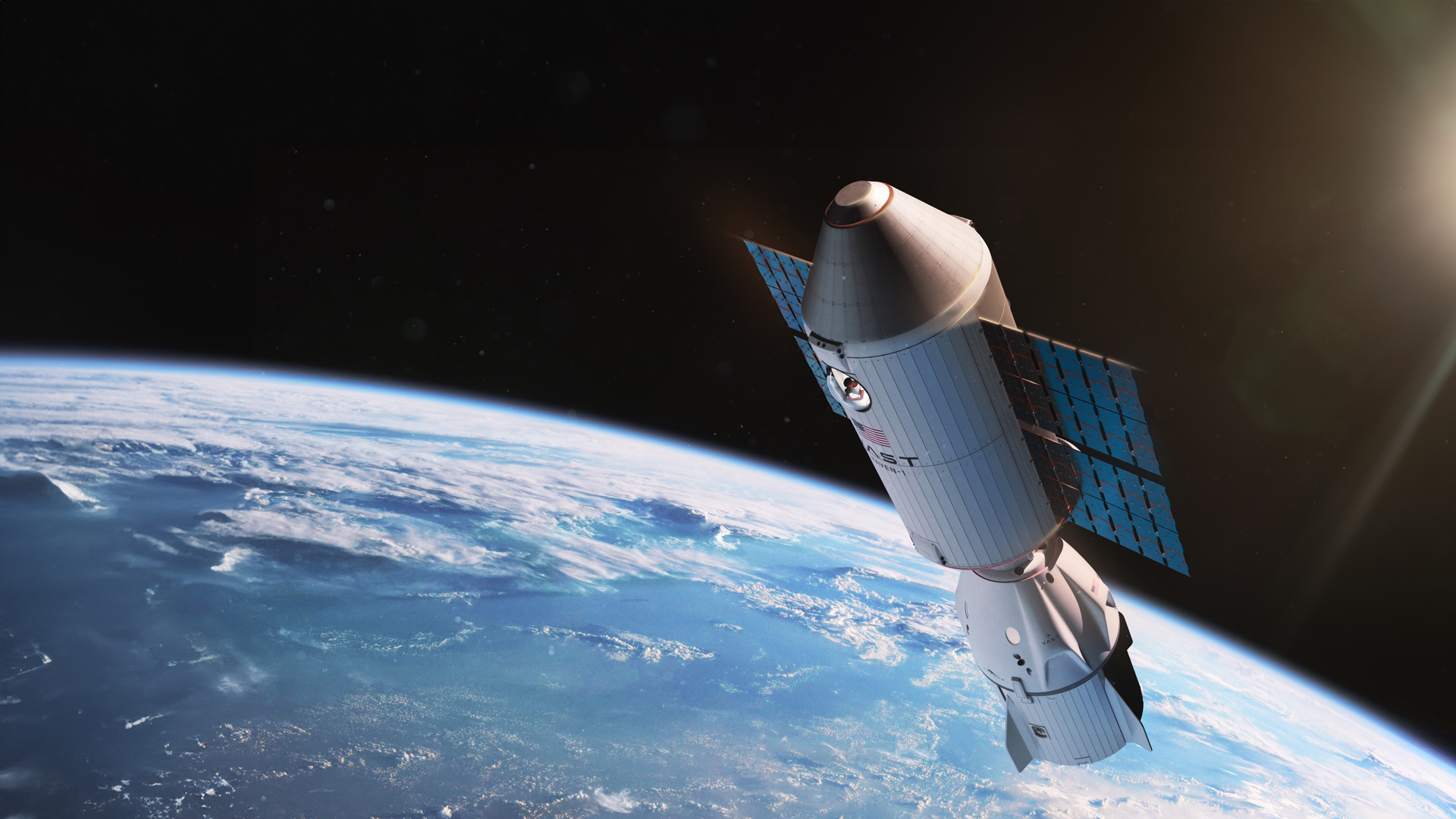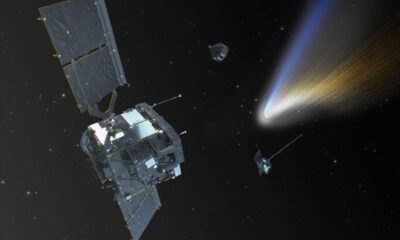Science
Vast Backs NASA’s New Strategy for Commercial Space Stations

The chief executive of commercial space station developer Vast, Max Haot, has endorsed NASA‘s updated strategy for the development of commercial space stations. Speaking at the Global Aerospace Summit on September 11, 2023, Haot asserted that this approach is vital for maintaining continuous U.S. human presence in low Earth orbit.
NASA’s new strategy involves multiple Space Act Agreements aimed at facilitating the development of commercial stations, leading to a planned four-person, 30-day demonstration mission. Haot noted that this direction accelerates the timeline for awarding contracts, with NASA expecting to finalize agreements by April 2026, significantly earlier than previous plans indicated.
Support for Competitive Agreements
Haot emphasized the importance of awarding two or three agreements to foster competition. He referenced the Commercial Crew Program, which has seen successful partnerships between Boeing and SpaceX. “It’s critical to keep two winners, two companies competing all the way to the end,” he stated. Earlier plans may have resulted in a single winner, which could have limited experience in operating space stations.
He expressed strong support for the proposed 30-day demonstration mission, despite some industry concerns that it signifies a retreat from a permanent U.S. presence in low Earth orbit following the retirement of the International Space Station. “If you say, ‘I want permanent presence on day one,’ all you do is delay when you see that,” Haot explained.
Angela Hart, manager of NASA’s Commercial LEO Destinations program, clarified that the agency does not aim for only one-month missions in the long term. This aligns with Haot’s view that the demonstration mission serves as a critical steppingstone toward establishing a longer-term crewed station.
Vast’s Commitment to Long-Term Presence
Vast is currently developing the Haven-1 space station, designed for four-person crews on missions totaling approximately 40 days. Haot confirmed that the company remains committed to its plans for a larger station, Haven-2, intended to support NASA and other partners. He emphasized the necessity of maintaining a U.S. presence in low Earth orbit, suggesting that relinquishing it could benefit competitors, particularly China.
“We think it’s critical to stay in low Earth orbit, not to cede it to China,” he said. Vast plans to generate significant revenue from a variety of customers, with around 20% to 30% expected to come from the U.S. government. The company anticipates that private individuals will contribute an additional 10% to 15% of revenue, focusing on research and exploration rather than tourism.
Haot argued that companies developing space stations should aim to achieve profitability through these markets alone. He noted that future opportunities, including in-space manufacturing and media sponsorship, could be substantial, but the timeline for these developments remains uncertain. “Our view is, if you’re profitable in the current market, we will get to unlock that,” he stated, highlighting the growth potential ahead for Vast and its competitors.
-

 Technology5 months ago
Technology5 months agoDiscover the Top 10 Calorie Counting Apps of 2025
-

 Health3 months ago
Health3 months agoBella Hadid Shares Health Update After Treatment for Lyme Disease
-

 Health3 months ago
Health3 months agoErin Bates Shares Recovery Update Following Sepsis Complications
-

 Technology4 months ago
Technology4 months agoDiscover How to Reverse Image Search Using ChatGPT Effortlessly
-

 Technology1 month ago
Technology1 month agoDiscover 2025’s Top GPUs for Exceptional 4K Gaming Performance
-

 Technology3 months ago
Technology3 months agoElectric Moto Influencer Surronster Arrested in Tijuana
-

 Technology5 months ago
Technology5 months agoMeta Initiates $60B AI Data Center Expansion, Starting in Ohio
-

 Technology5 months ago
Technology5 months agoRecovering a Suspended TikTok Account: A Step-by-Step Guide
-

 Health4 months ago
Health4 months agoTested: Rab Firewall Mountain Jacket Survives Harsh Conditions
-

 Lifestyle5 months ago
Lifestyle5 months agoBelton Family Reunites After Daughter Survives Hill Country Floods
-

 Health3 months ago
Health3 months agoAnalysts Project Stronger Growth for Apple’s iPhone 17 Lineup
-

 Technology4 months ago
Technology4 months agoHarmonic Launches AI Chatbot App to Transform Mathematical Reasoning





















